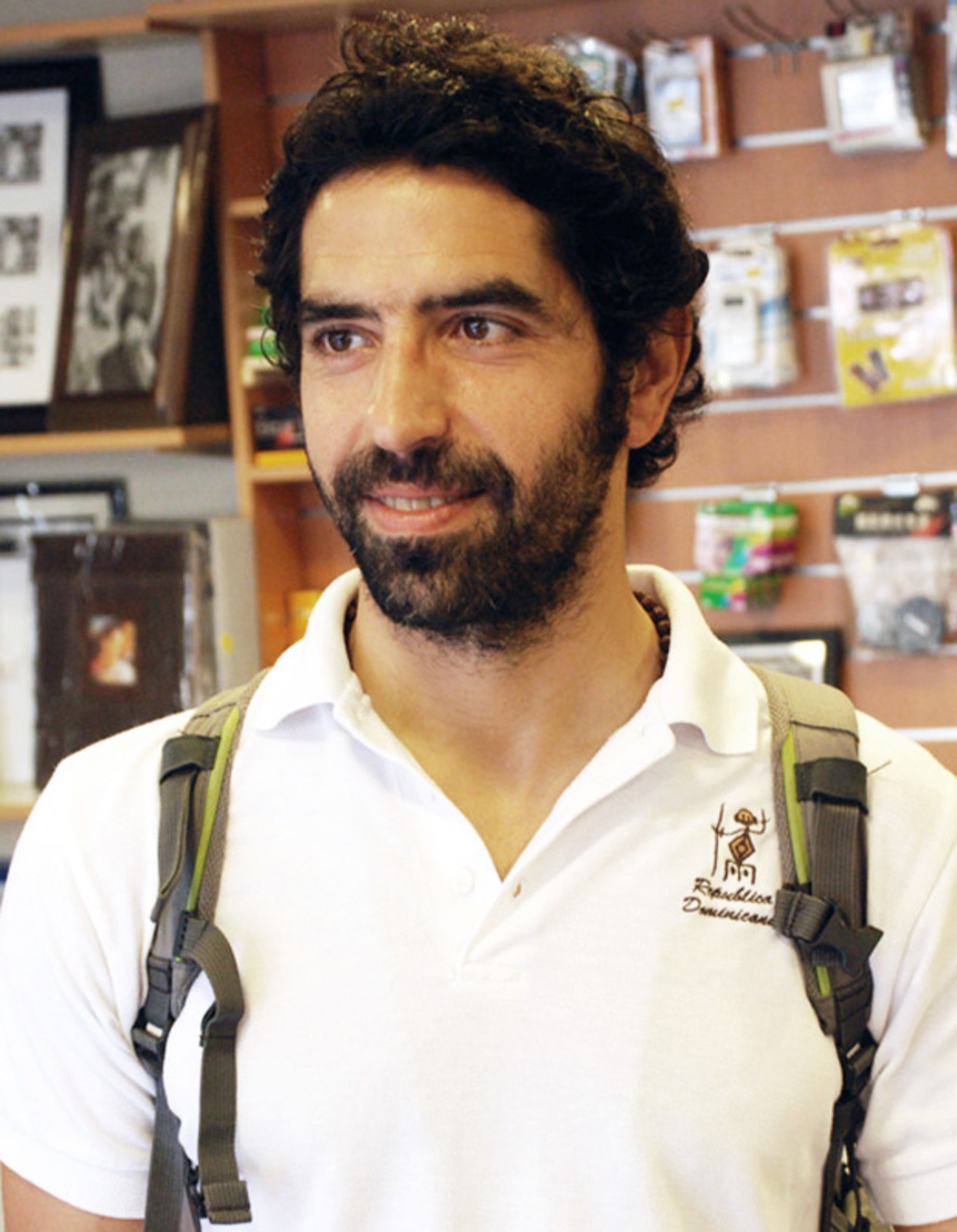“Arab Spring”: Authoritarianism or Emancipation? Recognition, Islamic identity, and Radically Democratic Islamic Politics
While the so-called “Arab Spring” presents an unprecedented opportunity for the populations of the region to realize their right to political self-determination, it also brings to the fore a problematic political situation where a characteristically Islamic form of politics is perceived as both, the source of emancipation and of authoritarianism. To do justice to this social reality, both the emancipatory and the authoritarian potentials of Islamic politics must be investigated and addressed. The overarching aim of this book is to develop an all-inclusive political vision for the post-uprising Arab world. This is achieved by forging an intellectual path between contemporary Critical Theory and Islamic revivalist movements and political thought. Although the book has a particular focus on Axel Honneth’s recognition theory and Rached al-Ghannouchi’s political thought, it places those thinkers in debates within the Islamic tradition on Islam’s place and role in politics, wider theoretical debates on the nature, grounds and limits of critical theoretical tools, as well as debates on the nature and meaning of democracy generally, and the place and role of religion in public reasoning more specifically. The book aims to establish the possibility and legitimacy of a radically democratic conception of Islamic politics, and clear the way for developing a characteristically Islamic critical social theory.

